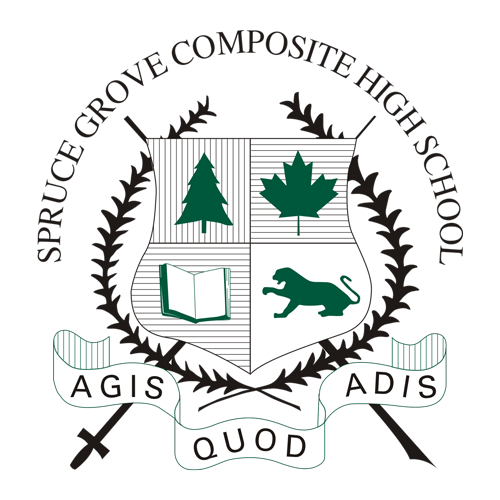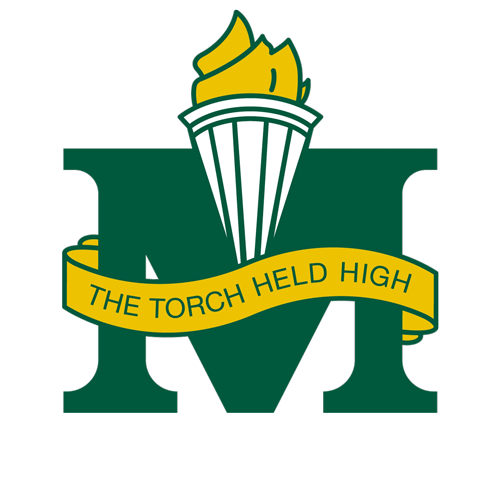4.1: Appendix 4.1: Trustee Code of Conduct Sanctions
Policy
Trustees shall conduct themselves in an ethical and prudent manner in compliance with Parkland School Division Board Policy 4: Trustee Code of Conduct. The failure by trustees to conduct themselves in compliance with this policy may result in the Board instituting sanctions.
Regarding allegations of inappropriate or unethical conduct:
1. Any trustee who perceives that a fellow trustee has violated the Code of Conduct may seek resolution of the matter through appropriate, conciliatory measures, prior to commencing an official complaint under the Code of Conduct.
2. A trustee who wishes to commence an official complaint (the complainant) under the Code of Conduct shall file a letter of complaint with the Board Chair within fifteen (15) days of becoming aware of the alleged violation of the Code of Conduct occurring:
2.1. If the complaint is with respect to the conduct of the Board Chair, the letter of complaint shall be filed with the Vice-Chair;
2.2. The letter of complaint shall indicate the nature of the complaint and the section or sections of the Code of Conduct that are alleged to have been violated by the trustee;
2.3. The trustee who is alleged to have violated the Code of Conduct (the respondent), and all other trustees, shall be forwarded a copy of the letter of complaint by the Board Chair, or by the Vice-Chair where otherwise applicable, within five (5) days of receipt by the Board Chair or Vice Chair of the letter of complaint;
2.4. The communication forwarding the letter of complaint to the other trustees shall be by email to the trustees’ Parkland School Division email accounts.
3. When a trustee files a letter of complaint, and a copy of that letter of complaint is forwarded to all trustees, the filing, notification, content, and nature of the complaint shall be deemed to be strictly confidential, the public disclosure of which shall be deemed to be a violation of the Code of Conduct; notably:
3.1. Public disclosure of the complaint and any resulting decision taken by the Board may be disclosed by the Board Chair only at the direction of the Board, following the disposition of the complaint by the Board at a Code of Conduct hearing.
4. To ensure that the complaint has merit to be considered and reviewed, at least one other trustee must provide to the Board Chair, within five (5) days of the notice in writing of the complaint being forwarded to all trustees, a letter indicating support for having the complaint heard at a Code of Conduct hearing; notably:
4.1. Any trustee who forwards such a letter of support shall not be disqualified from attending at and deliberating upon the complaint at a Code of Conduct hearing convened to hear the matter, solely for having issued such a letter.
5. Where no letter supporting a hearing is received by the Board Chair within the five (5) day period referred to in section 4 above, the complaint shall not be heard; notably:
5.1. The Board Chair shall notify all other trustees in writing by email to each trustees’ Parkland School Division email account that no further action of the Board shall occur.
6. Where a letter supporting a hearing is received by the Board Chair within the five (5) day period referred to in section 4 above, the Board Chair shall convene, as soon as is reasonable, a special meeting of the Board to conduct a Code of Conduct hearing.
7. The Board Chair may request that the Superintendent or designate (as Head of the Division under the Freedom of Information and Protection of Privacy Act), appoint an independent investigator to review this matter.
7.1. This request may occur only after such a motion has been discussed and agreed to by a majority of trustees present at an in-camera meeting of the Board.
7.2. This decision shall immediately be approved in a public meeting of the Board.
7.3. The independent investigator shall investigate the matter and submit, in a timely manner, a report of findings and recommendations to the Board Chair and to the Superintendent.
7.4. The Board Chair shall present the report of the independent investigator at an in-camera meeting of the Board.
7.5. At this time, the trustee in question shall have an opportunity to present any additional, relevant information.
Code of Conduct Hearing:
8. At the commencement of a special meeting of the Board, the Board Chair shall indicate the nature of the business to be transacted, and that the complaint shall be heard in an in-camera session of the special meeting; notably:
8.1. The Board Chair shall also confirm that trustees may optionally take paper notes for their own use but otherwise, there will be no recording of the proceedings; and
8.2. The notes, if any, shall be retained until the matter has been disposed of by way of a resolution of the Board, following which the notes will be destroyed, and the resolution will be the only record relating to the proceedings.
9. Without limitation, the Board Chair shall ensure fairness in dealing with the complaint or allegation, and shall adhere to the following:
9.1. All preliminary matters, including whether one or more trustees may have a conflict of interest in hearing the presentations regarding the complaint, shall be dealt with prior to the presentation of the complaint on behalf of the complainant trustee.
10. The Code of Conduct hearing shall adhere to the following sequence:
10.1. The complainant trustee shall provide a presentation which may be written or oral or both;
10.2. The respondent trustee shall provide a presentation which may be written or oral or both;
10.3. The complainant trustee shall then be given an opportunity to reply to the respondent trustee’s presentation;
10.4. The respondent trustee shall then be provided a further opportunity to respond to the complaining trustee’s presentation and subsequent remarks;
10.5. The remaining trustees of the Board shall be given the opportunity to ask questions of both parties;
10.6. The complainant trustee shall be given the opportunity to make final comments; and
10.7. The respondent trustee shall be given the opportunity to make final comments.
11. Following the presentation of the respective positions of the complainant trustee and respondent trustee, the complainant trustee and respondent trustee shall be required to leave the room, and the remaining trustees shall deliberate, without assistance from administration;
11.1. The Board may, in its discretion, call upon legal advisors to assist them on points of law or the drafting of a possible resolution.
12. If the remaining trustees in deliberation require further information or clarification, the parties shall be recalled, and the requests made in the presence of both parties:
12.1. If the information is not readily available, the presiding Chair may request a recess or, if necessary, an adjournment of the Code of Conduct hearing to a later date.
12.2. In the case of an adjournment, no discussion by trustees whatsoever of the matters heard at the Code of Conduct hearing may take place until the meeting is reconvened.
13. The remaining trustees in deliberation may draft a resolution indicating what action, if any, may be taken regarding the respondent trustee.
14. The presiding Chair shall reconvene the parties to the Code of Conduct hearing and request a motion to revert to the open meeting in order to consider motion(s), if any.
14.1. The respondent trustee and complainant trustee would be ineligible from voting on the motions.
15. Sanctions shall be applied to a Trustee if, by a majority vote of the Board, it is determined that a breach of the Code of Conduct has occurred.
16. All documentation that is related to the Code of Conduct hearing shall be returned to the Superintendent or designate immediately upon conclusion of the Code of Conduct hearing and shall be retained in accordance with legal requirements.
17. The presiding Chair shall declare the special Board meeting adjourned.
Code of Conduct Sanctions:
18. Should the Board determine that a violation of the Code of Conduct has occurred, the Board may institute by resolution, and without limitation, any sanctions available to the Board.
19. The Board may, in its discretion, make public its findings at the special meeting or at a regular meeting of the Board where the board has not upheld the complaint alleging a violation of the board’s Code of Conduct or where there has been a withdrawal of the complaint or under any other circumstances that the Board deems reasonable and appropriate to indicate publicly its disposition of the complaint.
20. If a trustee is disqualified under section 87 or 88 of the Education Act from remaining as a trustee of the Board and does not resign as required under section 90, the Board may by resolution declare the trustee to be disqualified from remaining a trustee and the seat on the Board to be vacant.
21. The Board may apply for originating notice to the Court of King’s Bench for an Order:
21.1. Determining whether the person is qualified to remain as a trustee, or
21.2. Declaring the person to be disqualified from remaining as a trustee and the seat on the Board to be vacant.






















